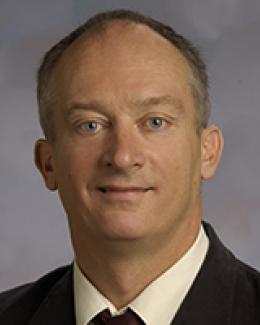Abstract
Molecular dynamics (MD) simulations must take very small (femtosecond) integration steps in simulation-time to avoid numerical errors. Efficient use of parallel programming models and accelerators in state-of-the art MD programs now is pushing Moore’s limit for time-per-MD step. As a result, directly simulating timescales beyond milliseconds will not be attainable directly, even at exascale. However, concepts from statistical physics can be used to combine many parallel simulations to provide information about longer timescales and to adequately sample the simulation space, while preserving details about the dynamics of the system. Implementing such an approach requires a workflow program that allows adaptable steering of task assignments based on extensive statistical analysis of intermediate results. Here we report the implementation of such an adaptable workflow program to drive simulations on the Summit IBM Power System AC922, a pre-exascale supercomputer at the Oak Ridge Leadership Computing Facility (OLCF). We compare to experiences on Titan, Summit’s predecessor, report the performance of the workflow and its components, and describe the porting process. We find that using a workflow program managed by a Mongo database can provide the fault tolerance, scalable performance, task dispatch rate, and reconfigurability required for robust and portable implementation of ensemble simulations such as are used in enhanced-sampling molecular dynamics. This type of workflow generator can also be used to provide adaptive steering of ensemble simulations for other applications in addition to MD.




